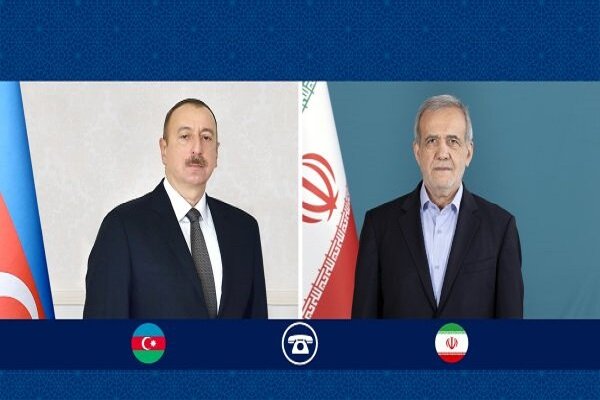Microsoft Implements Ban on ‘Gaza’ and ‘Palestine’ in Internal Email Communications
In a controversial move, Microsoft has introduced a policy that blocks employee emails containing the terms “Palestine,” “Gaza,” or “genocide” on its internal Exchange servers. This decision has sparked significant debate and concern among employees and activists alike.
According to reports from Drop Site News, an automated filter on Microsoft’s email system prevents emails containing these sensitive keywords from being delivered to recipients. This filter was implemented shortly after Microsoft’s Build developer conference, which had already seen disruptions from the activist group, No Azure for Apartheid.
Many Microsoft employees have expressed their dissatisfaction with the company’s collaboration with the Israeli military amid ongoing conflicts in Gaza. This collaboration has drawn criticism from various quarters, with many scholars and human rights advocates labeling the situation as genocide.
Here are some key points regarding the situation:
- Policy Implementation: The email filter began operating on Wednesday, raising concerns about free expression within the company.
- Employee Dissent: Microsoft employees have voiced opposition to the company’s decision to provide cloud services and other essential infrastructure to the Israeli military.
- Technology Provision: Reports indicate that Microsoft has offered tailored proposals and significant discounts on cloud and AI services to the Israeli army, enhancing their operational capabilities during military operations in Gaza.
Activists argue that such collaborations not only complicate the ethical landscape for global corporations but also contribute to the ongoing suffering of civilians in conflict zones. The backlash from Microsoft employees stems from a broader concern about corporate responsibility and the role of technology in warfare.
In light of the situation, many employees are advocating for greater transparency and ethical considerations in corporate dealings with military entities. They feel that technology companies, like Microsoft, should be held accountable for their contributions to conflicts and humanitarian crises.
Moreover, the internal dissent within Microsoft is part of a larger trend where employees are increasingly willing to speak out against their companies’ policies and affiliations, particularly when they conflict with their personal values or the values of the communities they represent. This growing movement reflects a significant shift in corporate culture, where employees expect their employers to take a stand on social and political issues.
As the situation evolves, it remains to be seen how Microsoft will respond to the internal pressure and whether it will reconsider its partnerships and policies regarding sensitive geopolitical issues. The tech giant is at a crossroads, balancing its business interests against the growing demand for corporate responsibility and ethical engagement.
In conclusion, the blocking of emails related to Palestine, Gaza, and genocide has ignited a firestorm of debate within Microsoft and beyond. The implications of this policy stretch far beyond the confines of corporate emails, touching on critical issues of human rights, corporate ethics, and the role of technology in society.
As employees continue to voice their concerns, and as activism around these issues grows, it is clear that the conversation surrounding corporate responsibility and social justice will only intensify in the coming months. Stakeholders, including employees, customers, and advocacy groups, will be watching closely to see how Microsoft navigates this complex landscape.






